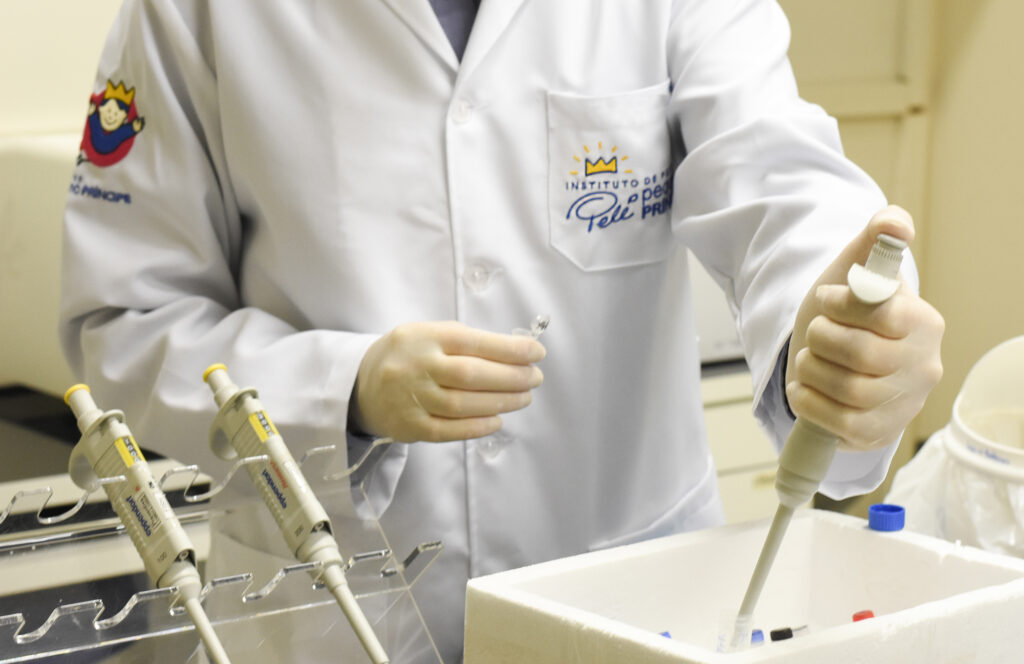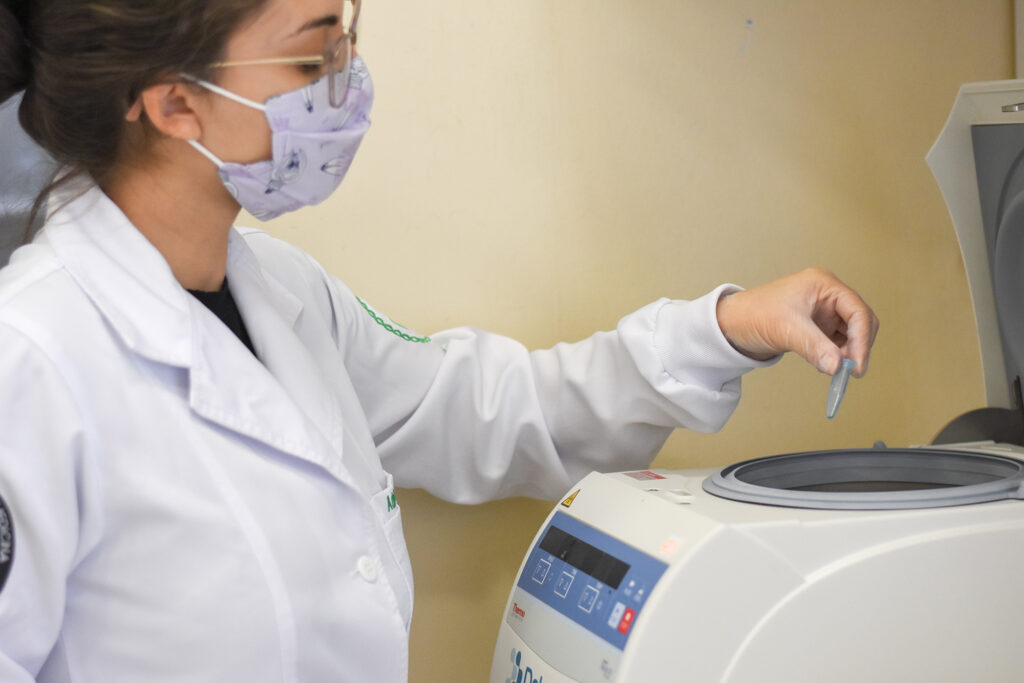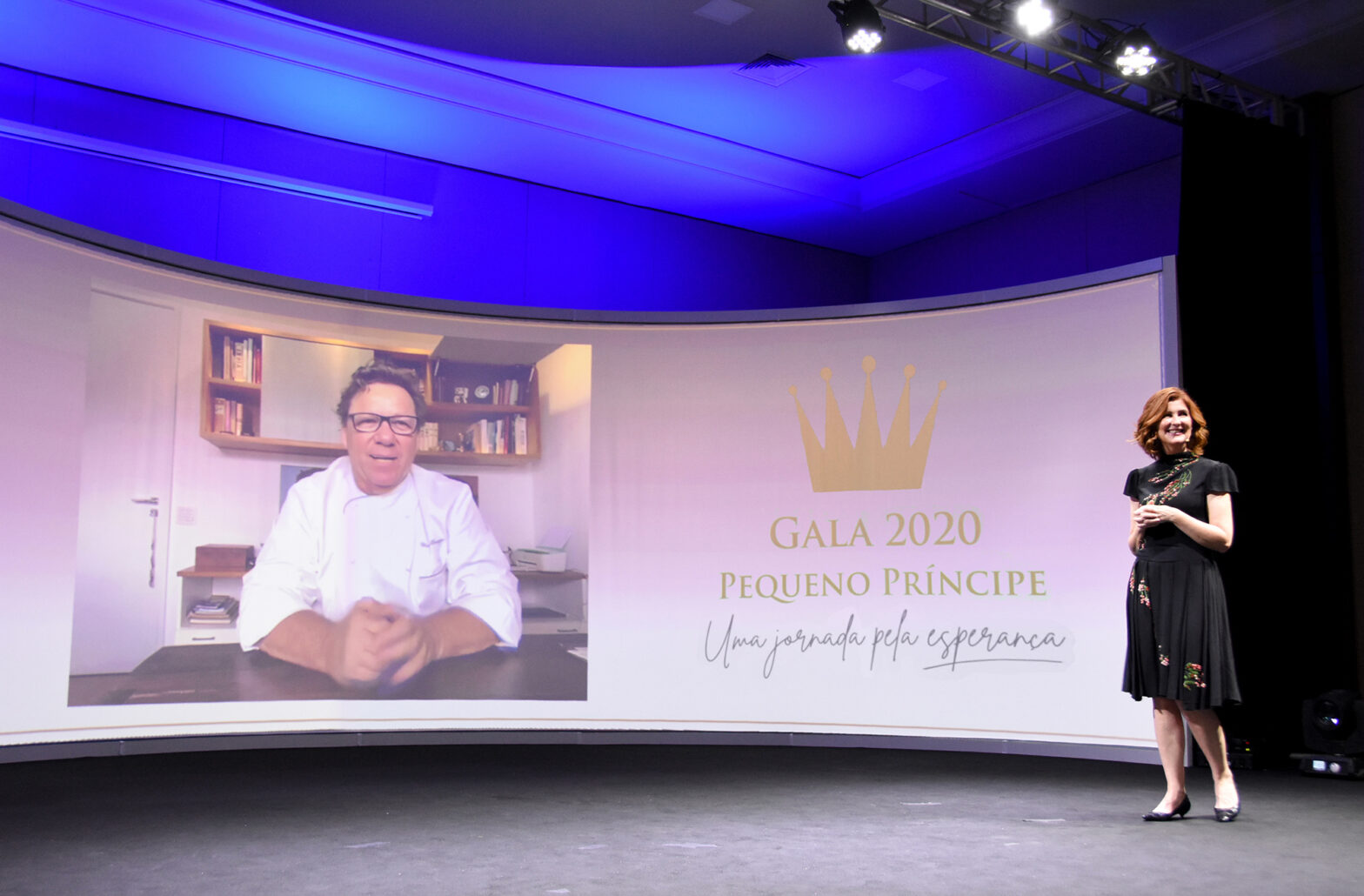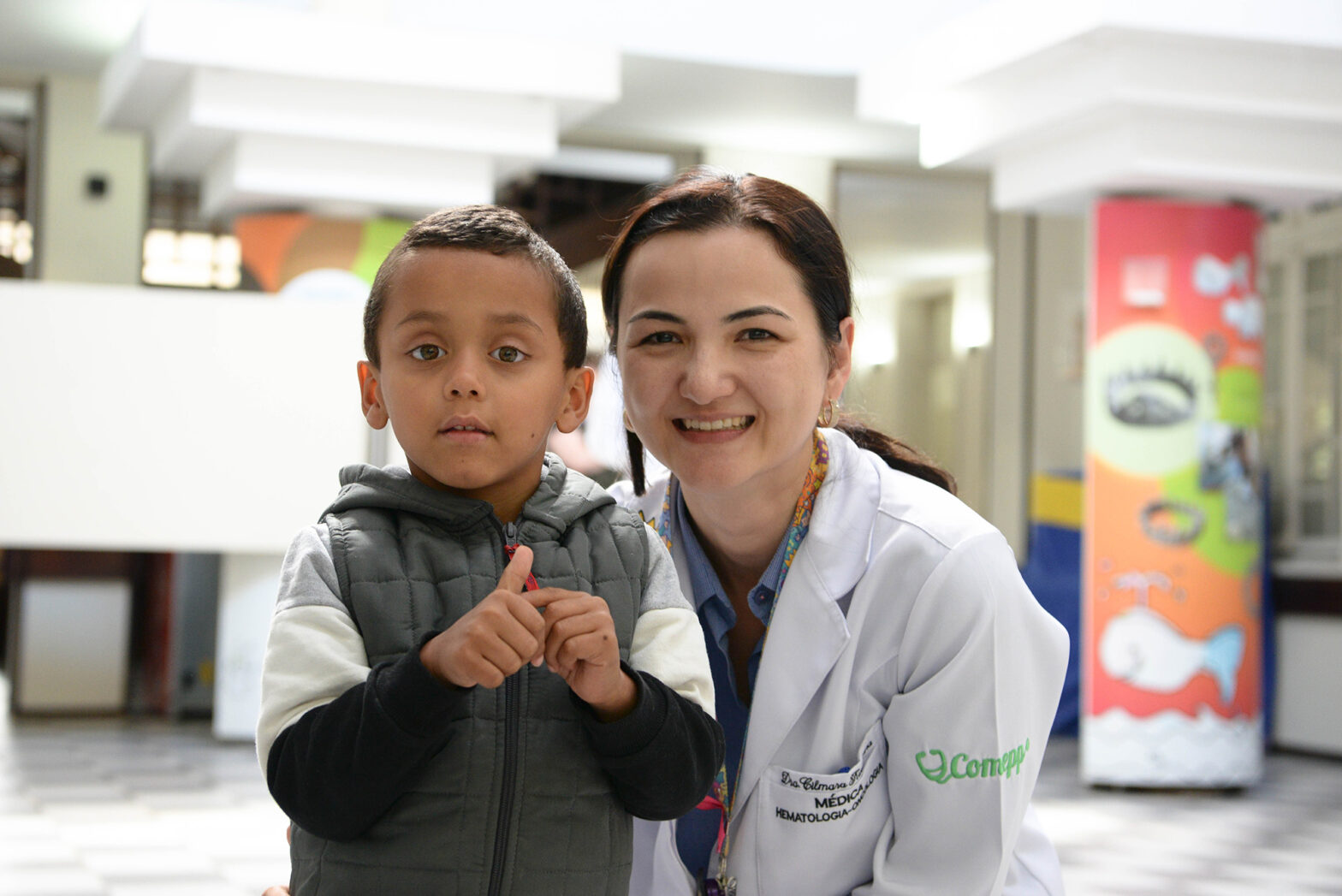Pelé Pequeno Príncipe Research Institute reaches 15 years old
The institution searches for new treatments and methods of diagnosis for complex diseases to contribute to the reduction of infant-juvenile mortality

Test with a single drop of blood to detect early on a childhood cancer that presents high mortality rates; new method to carry out a test with a significantly lower cost for the diagnosis of leukemia; research on the genetic pre-disposition to coronavirus infection (COVID-19); development of a 3D artificial lung to test drugs for COVID-19; analysis of the prevalence of primary immunodeficiencies in children hospitalized in the ICUs of Pequeno Príncipe; investigation and diagnosis of attention deficit and hyperactivity disorders (ADHD) in children from Curitiba’s municipal education system. These are some of the themes investigated by the scientists of the Pelé Pequeno Príncipe Research Institute, which completes 15 years of activities this April.
“These are 15 years of valorization of science. The creation of the Institute was another daring step of our organization: to propose to do basic research in Brazil, without any financial support, 15 years ago, when science did not receive the attention and valorization brought by the coronavirus pandemic. We were visionaries because we believe in science, in the potential of Brazilian scientists, and in innovation to face the challenges that medicine still faces,” emphasizes the director-general of the Research Institute, Ety Cristina Forte Carneiro.
She explains that the Pequeno Príncipe has decided to invest in this area because “science is extremely important for new discoveries and innovations, and indispensable for guiding public policies, generating commercial value applications, and improving people’s quality of life. Besides, of course, seeking new forms of diagnosis and treatment. It also brings important impacts, such as the advancement of knowledge, the training of high-level professionals and the production of innovation,” she considers.
According to Ety, the challenge of doing scientific research in Brazil is great. One of the factors for this is the lack of investment in science. The world average for investment in research and development as a part of the Gross Domestic Product (GDP), according to the United Nations Educational, Scientific and Cultural Organization (UNESCO), is 2.22%. In Brazil, the average is 1.26%. For the director-general of the Research Institute, the current moment of the coronavirus pandemic shows the importance of scientific studies. “Today, more than ever, we depend on science to find a way out of this great crisis caused by the pandemic,” she points out.
The Institute operates from seven lines of research (see box below) and, in 2020, had 19 head researchers and 110 students of scientific initiation, master’s, doctoral and postdoctoral studies. This large team was dedicated to more than a hundred projects, with 13 research projects focused on the coronavirus standing out.
The seven research lines
Complex diseases and oncogenetics
Epidemiological, clinical, and educational studies
Imaging, radiological protection and radiotherapy
Molecular medicine and bioinformatics
Microbiology and infectious diseases
Neurosciences
Cell therapy and pharmacology

Master’s and PhD programs
Another great contribution of the Pelé Pequeno Príncipe Research Institute is with the formation of professionals specialized in pediatrics by means of the Master’s and Doctorate Program in Biotechnology Applied to the Health of Children and Adolescents, developed in partnership with the Pequeno Príncipe College. Since its implementation, the Institute has graduated 86 masters and 42 doctors. “Today in Brazil we have 13 masters and nine doctorate courses in the area of pediatrics, which represents a lower number than at the end of the 1990s. The number of courses is small for a continental country, with about 60 million people under 18 years of age, with large proportions and geographical variations in the types and incidence of diseases in children,” contextualizes the scientific director of the Research Institute, Bonald Cavalcante de Figueiredo.
He also points out that the master’s and doctoral programs, offered as of 2007, are the only ones in Brazil with an interface between biotechnology and pediatrics. “This allows us to develop tools with innovations in diagnosis and treatment, including all areas of knowledge,” he notes.
Research on COVID-19
Studies around the coronavirus (SARS-CoV-2) are on the Research Institute’s agenda. One example is the work developed in partnership between researchers from the Pequeno Príncipe unit, the Center for Production and Research of Immunobiologicals (CPPI), the State Health Secretariat (Sesa) and the Federal University of Paraná (UFPR). Together, they are developing antibodies against the coronavirus. The study immunizes horses to produce anti-SARS-CoV-2 antibodies that will be extracted from the plasma of these animals, then modified and purified in the laboratory, becoming a treatment for severe patients of COVID-19, while vaccines do not reach everyone.
Another research is the one that studies the genetic predisposition to coronavirus infections, which is part of the world project “COVID Human Genetic Effort”. The initiative seeks to understand why some patients who are not in the risk group develop severe forms of the disease. By discovering the genetic and immunological mechanisms involved in the evolution of severe COVID-19, it is possible, for example, to identify new therapeutic targets for the development of more effective strategies and drugs to confront the disease.
Researchers from the Research Institute are also conducting a project in which they evaluate the neurological and neurocognitive manifestations in children and adolescents with COVID-19 seen at the Neurology Service of the Pequeno Príncipe Hospital. There is also a clinical study that proposes the use of stem cells in the treatment of boys and girls from 3 to 17 years of age who present a severe presentation of the disease.
Important supporters
If today the Pelé Pequeno Príncipe Research Institute is reaping the fruits of a work which benefits thousands of children and adolescents all over Brazil, it is because 15 years ago the Pequeno Príncipe Complex dared to dream of doing science in the country. For this, the institution counted on the support of great supporters, like doctor Nilson Santos (in memoriam) and researcher Mara Lúcia Cordeiro – currently the Institutional Relations director of the research unit –, responsible for bringing the Pequeno Príncipe closer to Edson Arantes do Nascimento, Pelé. By lending his name to the Research Institute, Pelé has scored a real plaque goal as far as the cause of children’s and teenagers’ health is concerned.
Watch the Pequeno Príncipe’s ode to science.
More
The Pequeno Príncipe Gala exceeds the fundraising goal
There were approximately US$ 300,000 raised in 2020, invested in health assistance and research activities which transform lives
The Bone Marrow Transplantation Service turns 10 years old
During this period, 303 transplants were carried out on 280 patients, consolidating the service as one of the largest in Brazil to assist children through the Public Health System – SUS








